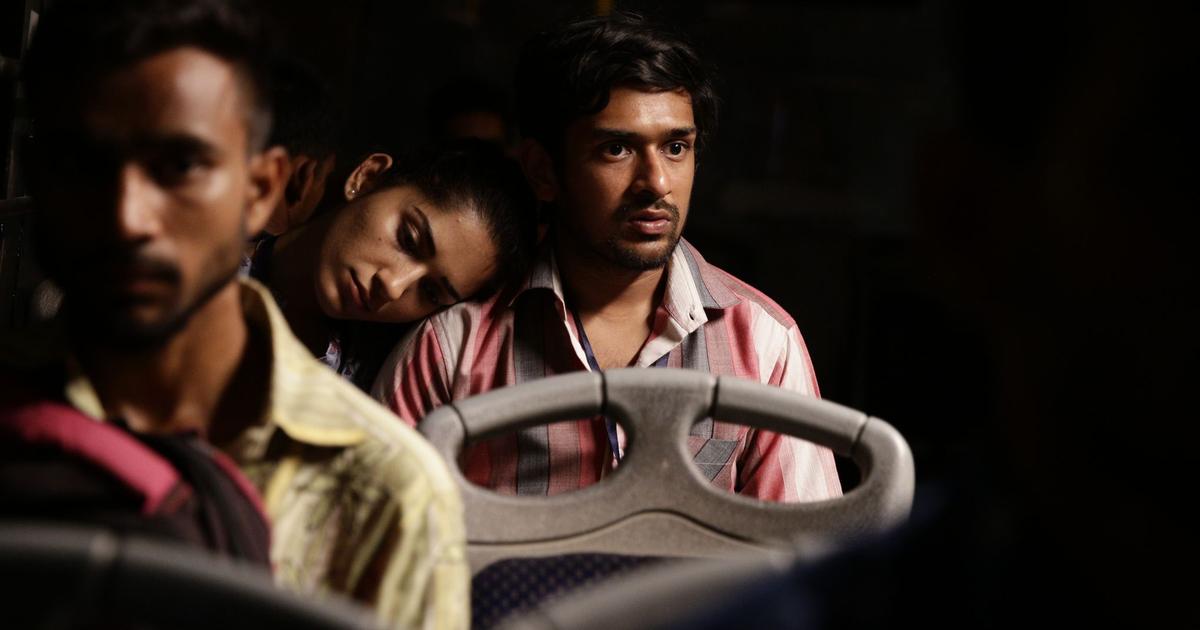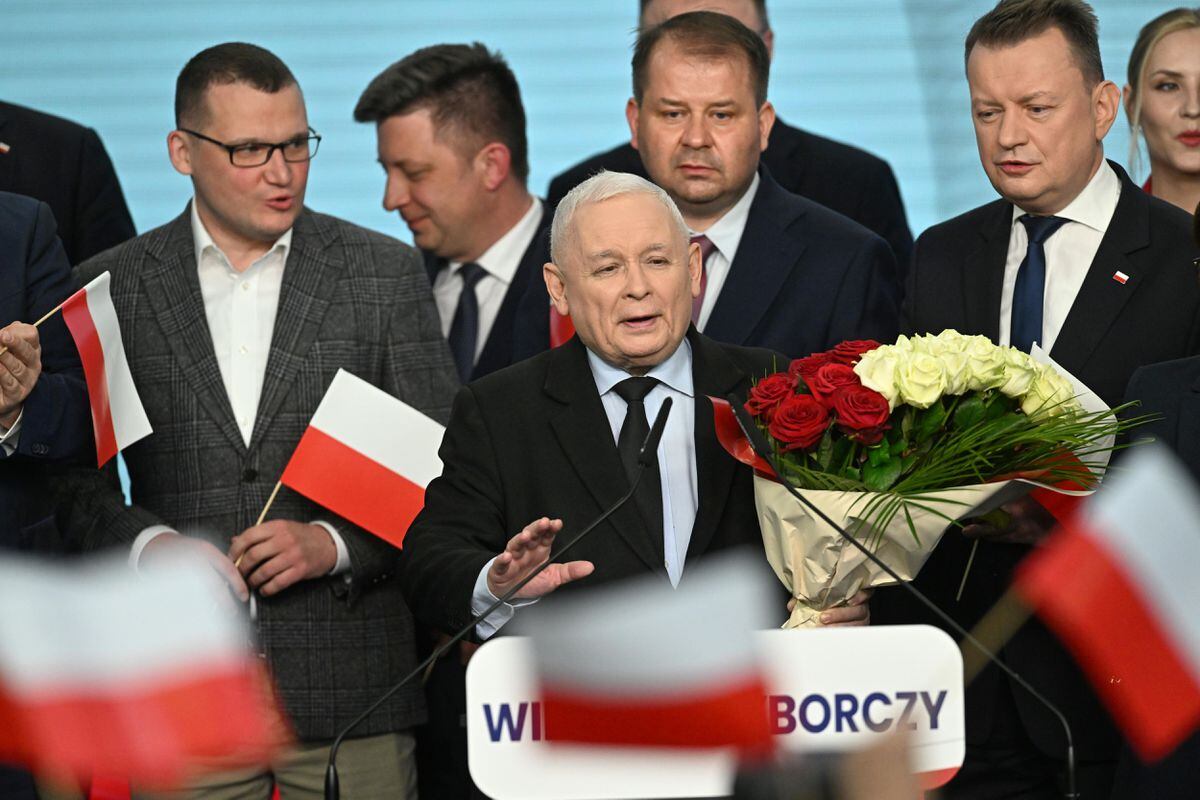Enlarge image
Millet drying in Tanzania
Photo: imagebroker / imago images
"Alliance for a green revolution in Africa", the name alone promised great things.
And first of all the donors: the Bill and Melinda Gates Foundation and the Rockefeller Foundation have so far collected over a billion dollars for their agricultural alliance AGRA, which was founded 15 years ago.
By 2020, the aim was to double the yields and incomes of 30 million smallholder households.
This should halve hunger and poverty in 20 African countries.
Measured against the great promise, the successes are meager: the income of AGRA-supported corn farmers in Tanzania rose by just 77 dollars a year, in Ghana it was only 36 dollars. The figures come from AGRA itself. The organization had been reluctant to publish them for a long time. After various non-governmental organizations (NGO) put pressure on them and a request for information under the Freedom of Information Act was already underway in the USA, AGRA published the evaluations on its website a few months ago.
Last year, the Rosa Luxemburg Foundation, which is close to the party Die Linke, together with organizations such as Bread for the World and the human rights organization Fian, issued a damning verdict on the Agrarian Alliance: The organization had also failed to achieve its goals, it was said, moreover The group-driven approach and the deregulation of the seed and fertilizer market suggested to African countries are not suitable for ending hunger.
Now the German NGOs have taken on the alliance again and analyzed AGRA's own evaluations.
The verdict: The Green Revolution has failed.
The flaw in corn
This can already be seen in the figures for maize, one of the most important fruits on which AGRA Consulting focuses, according to Roman Herre, agricultural expert at Fian.
"With the meager income growth, the often increasing expenditure on fertilizers, pesticides and seeds have simply not been factored in." If you do that, however, "debt through additional costs" cannot be ruled out.
If you ask AGRA about this flaw in maize, you get answers about how strong the harvest growth was for beans in Tanzania and for rice in Ghana - nothing is said about the main crop, maize.
Otherwise, however, AGRA feels that it is well on the way to strengthening the incomes and harvests of African farmers through »sustainable intensification« of agriculture.
The intensification, which AGRA means, should take place with licensed seeds, synthetic fertilizers and pesticides, as well as through the integration into global supply chains. To transfer the western model of industrialized agriculture with its collateral damage to soils, animals and the climate to Africa is a mistake, critics complain. AGRA holds against it: Chemical-intensive approaches would not be pursued at all, according to an AGRA spokeswoman. Instead, they tend to support »microdosed fertilizer technology«, for example in the Sahel zone.
Stig Tanzmann, agriculture expert from Bread for the World, can only shake his head about it.
How exactly farmers in the Sahel zone can afford this type of precision farming is a mystery to Tanzmann.
He also criticizes the political influence that AGRA has on fertilizer and seed legislation in the partner countries.
The NGO report on which Tanzmann took notes contains various examples: At one time Allianz sent employees to ministries and advisory staff to push forward legislative proposals in the interests of the private sector.
Sometimes they achieved the abolition of import duties and domestic taxes on pesticides (such as in Ethiopia).
For the 4th time, lobbying meetings were organized by agricultural investors in Kenya with the help of advisors from McKinsey.
PR for hybrid seeds
AGRA also goes to great lengths to convince farmers of the advantages of the often higher-yielding and more resistant hybrid seeds - so far, however, relatively unsuccessfully. In Ghana, for example, most farmers prefer local seeds, according to AGRA's own evaluation report. They can often replicate this themselves and do not have to buy new ones every year like the hybrid seeds of the large manufacturers whose intellectual property rights AGRA wants to strengthen. AGRA evaluated this rejection of the farmers as a »systemic problem«. When asked about this, AGRA replied that they only wanted to give the smallholders “the choice” and that local seed companies were also subsidized. The choice, however, is a questionable choice if, due to AGRA's legislative plans, there will soon only be commercial seeds, says Tanzmann. There is a threat of a lack of alternativeswhich could often end in a debt trap for the farmers.
Nothing is known about debt and other negative effects, said the German Development Ministry in March, which supports AGRA projects in Ghana and Burkina Faso. But even the house of Development Minister Gerd Müller (CSU) no longer seems entirely satisfied with AGRA's work: Although the NGOs' assessments are not fully shared, stringent monitoring and improved transparency have been demanded from the organization. In Ghana, however, according to the ministry, the number of starving people has declined in recent years. However, this is not the case everywhere: According to last year's NGO study on AGRA, the proportion of people suffering from extreme hunger rose by as much as 30 percent to 130 million people in the 13 AGRA priority countries.
And how does AGRA intend to prevent farmers from falling into debt, for example by buying expensive seeds and fertilizer?
There is no clear answer to this.
They just don't offer "funding for farmers".
Transparency notice: In addition to vaccine research, the Gates Foundation also supports media companies in the
USA
and
Europe
, including the “Global Society” project at SPIEGEL with around 2.3 million euros over three years.
You can read more about this
here
.







